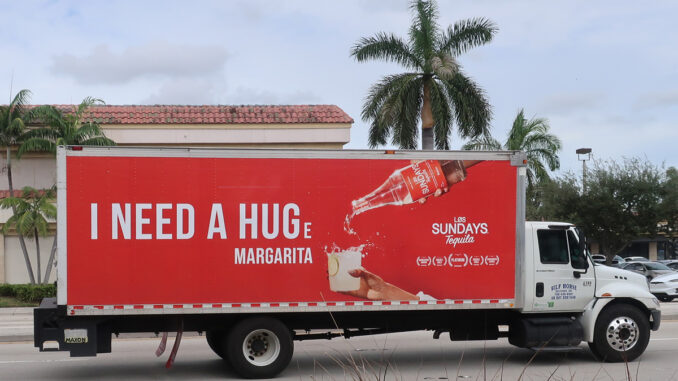
The Cruisington Times’ Wallace Immen is back from a two-week trip to Florida to experience three new cruise ships. Here’s his diary of the new abnormal of travel health testing.
Travel these days can become a nail-biting game of beat the clock. And my nose may never be the same.
During a two-week trip to Florida to board inaugural cruises on three new ships, my nostrils needed to be probed every couple of days for PCR and antigen tests that were followed by hours of uncertainty waiting for negative results that would determine whether I could board the next cruise or flight.
The lessons I learned can save you some hassle and some serious coin on your next trip:
It pays to shop around
To board our Air Canada flight to Florida and our first cruise, my wife and I needed only a rapid antigen test taken within 72 hours of getting on the plane in Toronto. The tests are available at some drug stores, but the samples taken at the stores have to be sent to labs which can take up to a day to provide results. Searching around, I found a drop-in clinic in my downtown Toronto neighborhood that can do the testing in-house and provide a PCR test result in about 30 minutes. The price was only $40 –less than I was quoted for a generally less-expensive antigen test at a Shoppers Drug Mart.
Bizarrely, cruise ships have a tighter testing deadline than for planes. While Canada’s rules allow 72 hours between test and travel, ships leaving U.S. ports require a negative covid test taken no more than 48 hours before boarding.
I was travelling the day after the pre-flight test results came in, but if I had done what I usually do and arrive a day ahead of departure for a cruise, it might have been touch and go whether the Toronto test results would still be valid to board the ship. Cruise lines do provide pre-boarding testing at the terminal, but they warn availability is limited and it could mean a long wait in a quarantine zone before you get results and you can board the ship.
Hard copies are best
The first cruise was the christening ceremony of Celebrity Cruises new Celebrity Apex. Unfortunately too much thumbing of my dumb smart phone on the flight left me with a flat battery when I arrived at check-in at Port Everglades so I couldn’t display an on-line version of the test results. Thanks to a printout of the covid test and the fact I had checked in on Celebrity’s app the day before arrival, we sailed though check-in.
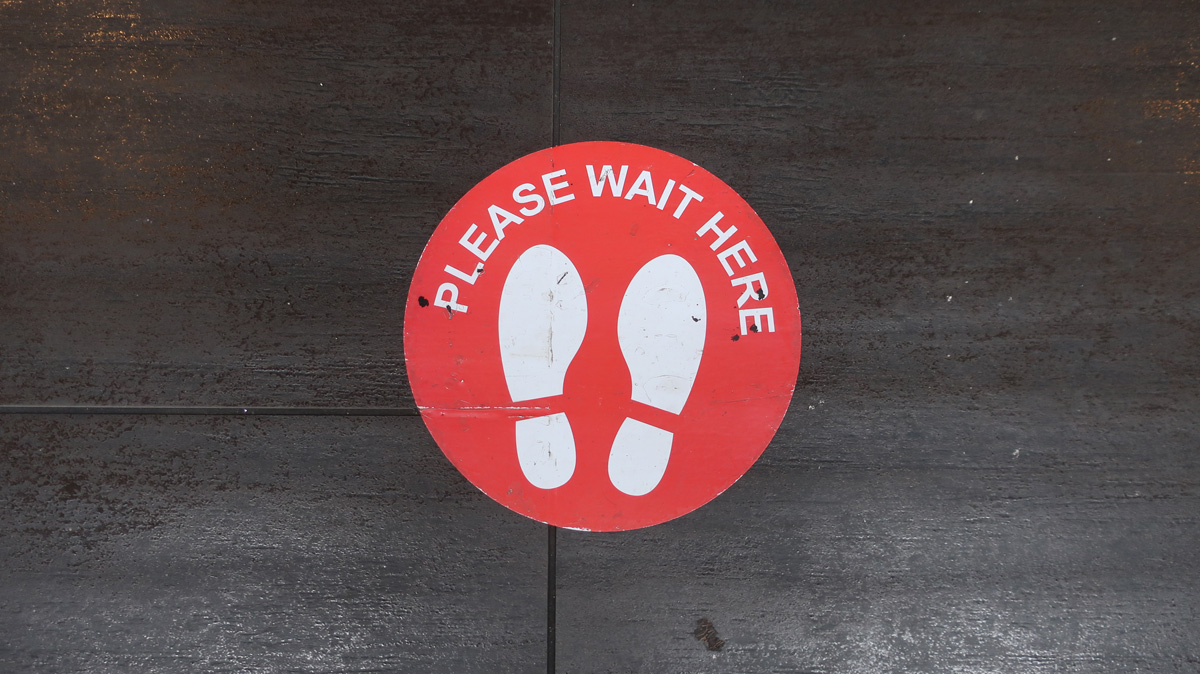
Cruise lines provide testing
While it’s up to you to arrange the tests to say you’re safe to join the party, once on board, the host should provide the test to get you home. On Celebrity Apex, we made an appointment for my next set of nose pokes onboard and it went relatively smoothly. Showing up precisely at the appointed 3:50 in the afternoon at a stateroom that had been converted into a testing clinic, we were told a printout of the results would be delivered under our stateroom door overnight before disembarkation. In the morning, there was no printout and I had to race to the reception desk, where fortunately they had the file and printed it out.
If you’ve got the results, you’re good to go
After an overnight in Fort Lauderdale, the next morning we were boarding Holland America’s new flagship Rotterdam. The boarding time was 40 hours after our previous tests, so those results were still valid as we were boarded the ship in no time for a five -night cruise.
Minding the gap
Holland America would have provided a complimentary PCR test needed for a return flight to Canada aboard the ship, but we weren’t going home yet and our next segment was problematic. We had a three-day stay in Fort Lauderdale between cruises, that meant a test we could get on the Holland America cruise wouldn’t be valid for boarding the next cruise.
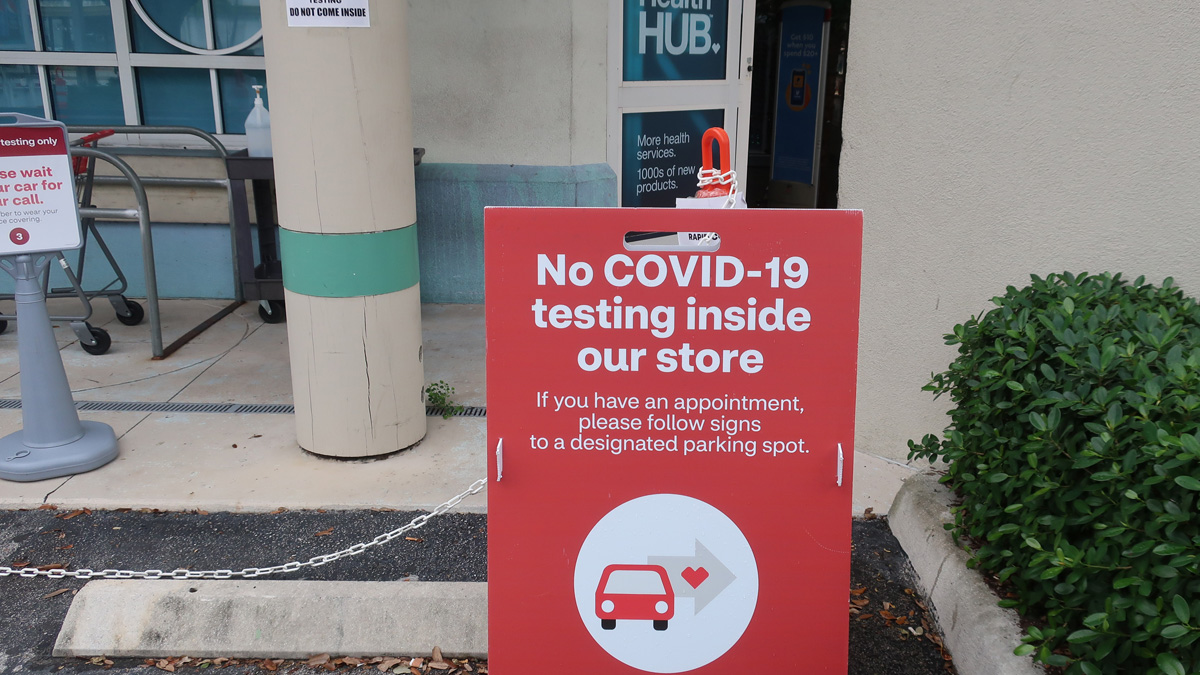
Free testing; Yes, but
We’d heard that some drug stores in Florida can do rapid antigen tests needed for boarding cruises inexpensively, and in fact I found that the CVS pharmacy near Port Everglades will do them for free. But there’s a snag. Appointments are booked up weeks in advance and there were no availabilities in the two days before getting on our next ship. If I had known in advance, I could have booked online, but it’s too late now.
(CVS stores also prefer to do the tests in a drive-in zone outside the store and we weren’t driving. While some Walgreens drug stores in the Miami area also do covid testing, currently none in Fort Lauderdale offer it at all. )
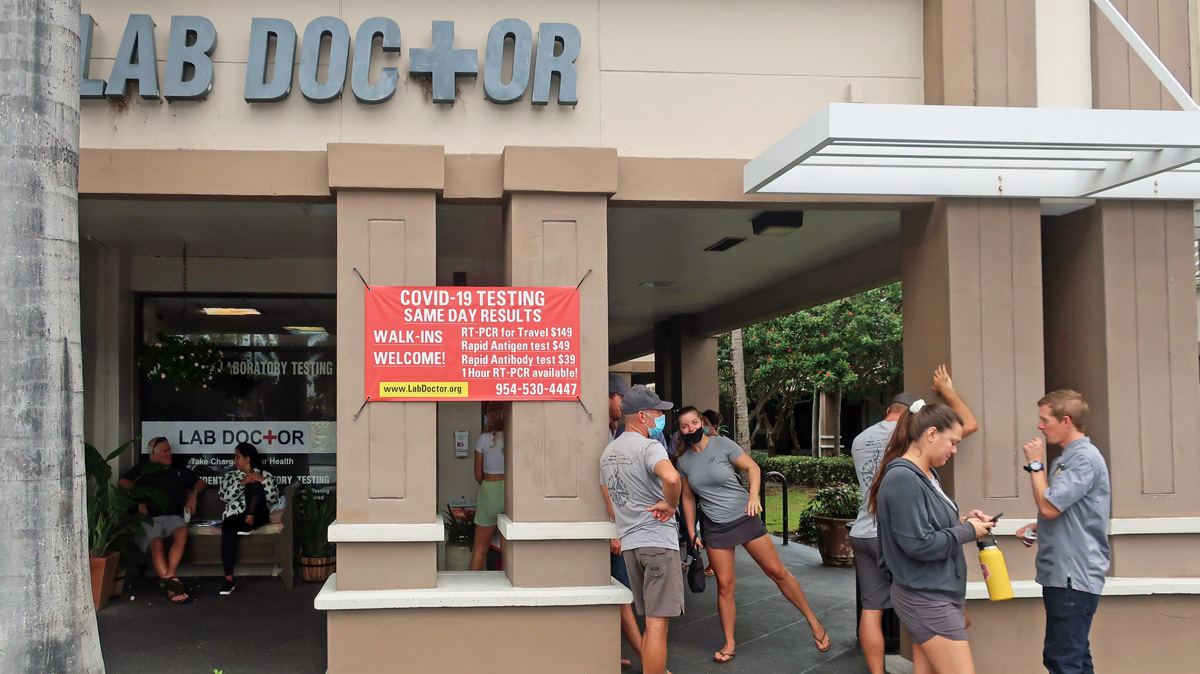
There’s a lab for that
It was time to turn to a private clinic and we located one in a strip mall near the port but it’s easy to miss. The landmark is a huge Dollar Tree discount store next door. The clinic is called Lab Doctor and there was a substantial line up– including yacht and ship crews –to get antigen tests (for $49 each) which are required to board my next cruse on Royal Caribbean’s new Odyssey of the Seas. Fortunately it’s fast and the results are available as a printout in 15 minutes.
If we were flying back to Toronto, we’d need PCR tests and they were priced at $149 each. Since the Odyssey of the Sea inaugural event was only two nights long, we had considered having the PCR version and using the results to both board the cruise and then the flight home to Toronto. The trick there is that the lab closes early on weekends and the time lag meant after the inaugural event we would be boarding the plane 66 hours after getting the results. Any delay in the three and a half hour flight and the results would no longer be valid when we arrived in Toronto.
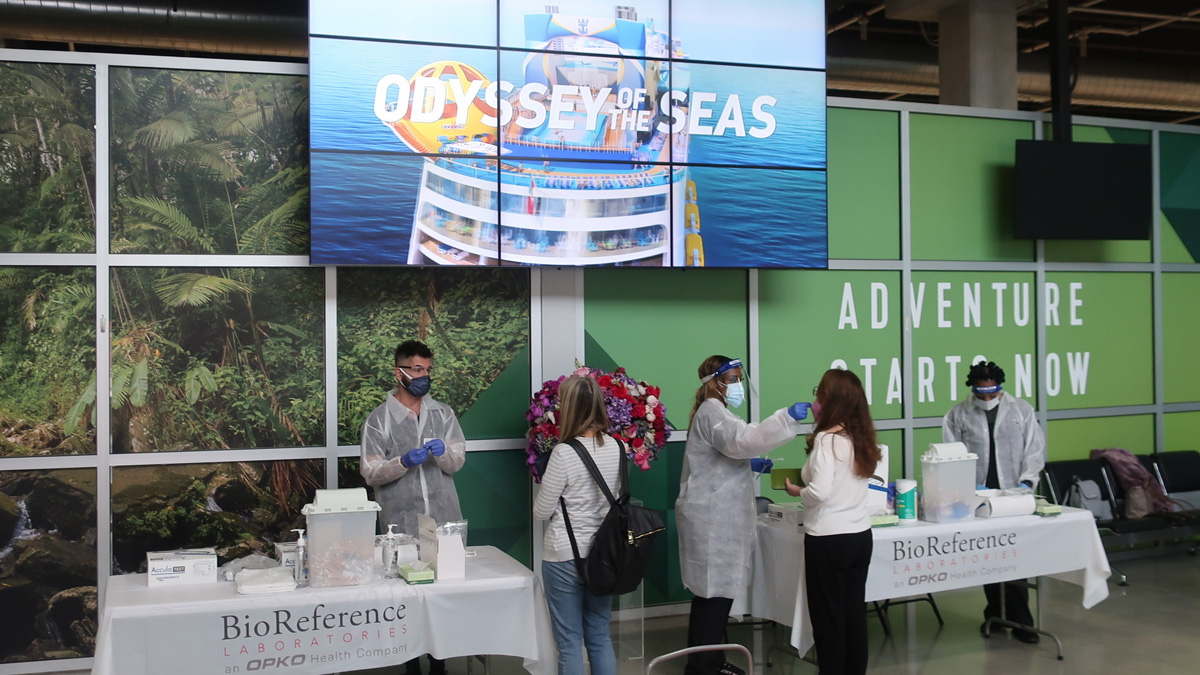
The final swab
So it meant another nose poke before heading to airport after the Odyssey of the Seas trip. Another snag, Royal Caribbean couldn’t actually do the complimentary PCR test on the ship. We’re told to book an appointment for a test that’s done by a private contractor in the cruise terminal after we’ve left the ship and gone through U.S. customs.
Whoa. We’ve got a noon flight and the current advice, for some reason, is to get to the airport three hours ahead. That meant getting up at the crack of dawn and leaving the ship for the test, keeping fingers and toes crossed that we get an e-mail on time to check in.
At the test site, we had the option of waiting 45 minutes for a printout of the test results or heading straight to the airport and getting the results online. We went for the printout option and it’s a good thing we did. While the lab did as promised post results to our e-mail within an hour, the FLL airport wi-fi was down when we get to the terminal, so there would be no way to access the e-mail if we hadn’t waited.
One final bit of bureaucracy was to download and fill in the ArriveCan app before our flight from Fort Lauderdale to Toronto. Among other things, it asks for your plan to do a 14-day quarantine if necessary. Passengers arriving on international flights are also subject to random testing at the airport.
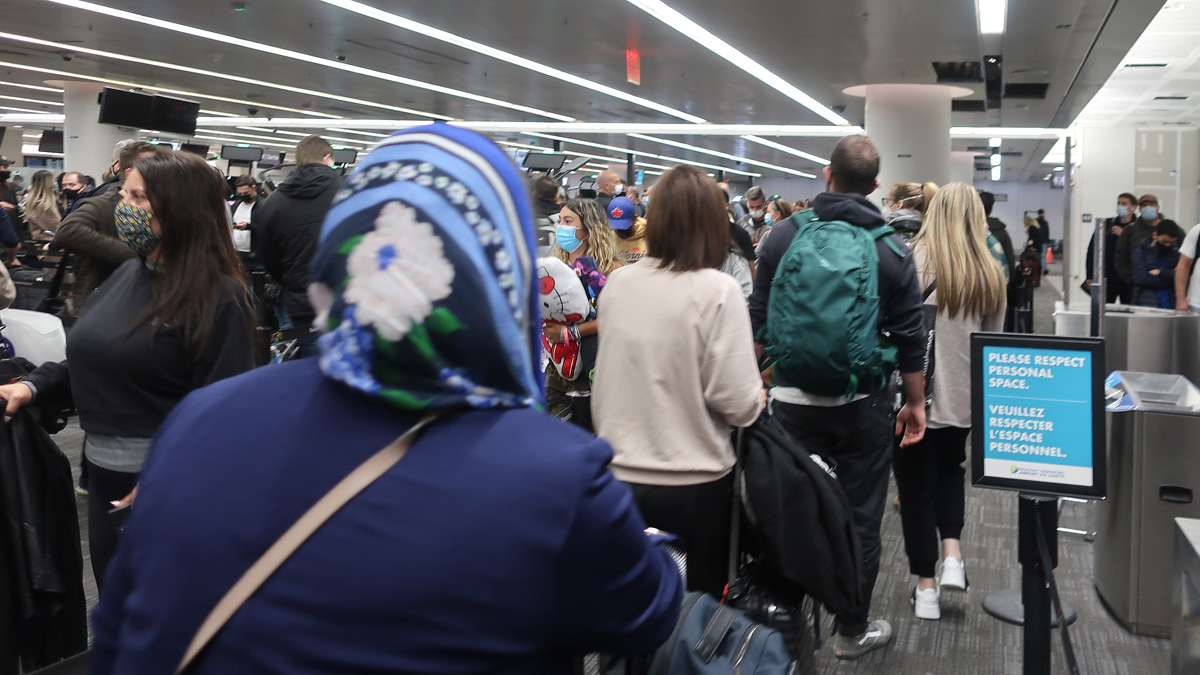
Social distancing breaks down at the Pearson airport arrivals area–Photo by Wallace Immen
Home again, sort of…
The new abnormal doesn’t end as we land at Toronto’s Pearson airport. When the plane reaches the gate, we’re told things are so crowded inside we’re in a “customs hold,” so the only passengers allowed to leave the plane are those with immediate connecting flights.
The minutes drag on and finally we’re told some passengers could leave the plane, but only 50 at a time. Of course everyone races to get into the aisle to be among the lucky few, but after a handful get off, the hold is back on and we’re left standing.
Finally reaching the arrivals hall, the scene is total chaos, with long, long lines of arriving passengers who have little interest in social distancing snaking back and forth. A full hour after getting off the plane, we finally get a green sticker on our passport that clears us to pick up our baggage. A least there’s no waiting at the luggage carousel.
A stiff drink is in order. But in retrospect, the joy of breaking out of the bubble and seeing new ships and places and partying with people again after 20 months of hibernation far outweighed any of the hassle.
And, yes, my nose has forgiven me. I’ve already booked my next adventure.
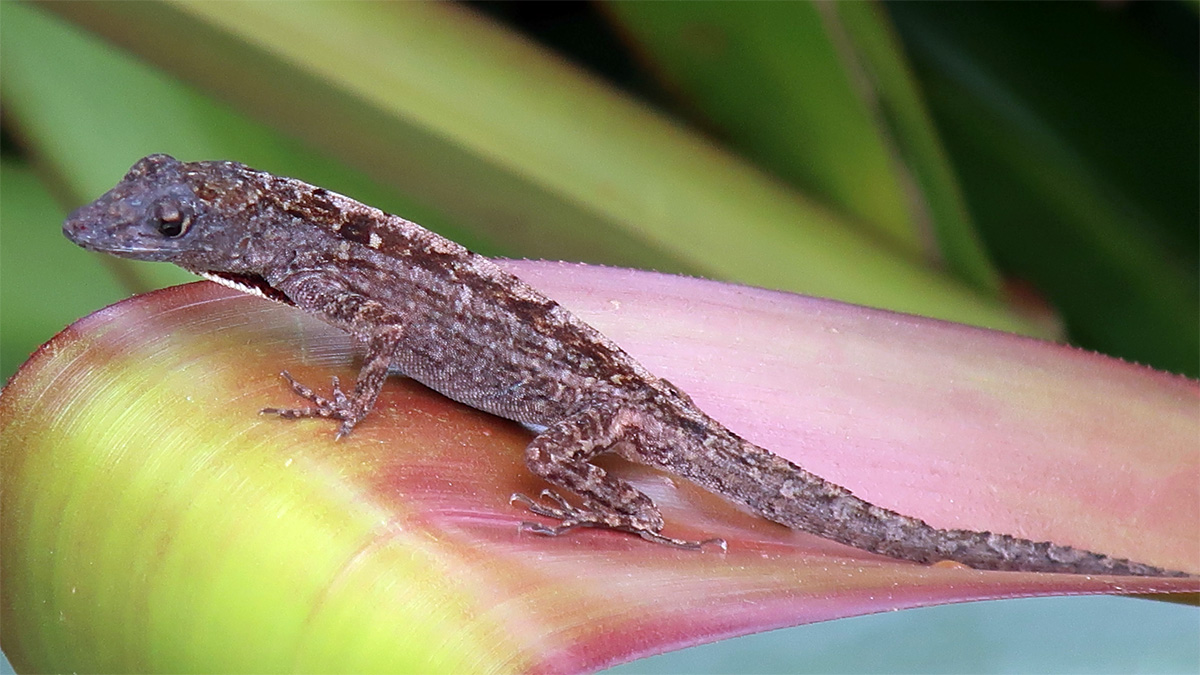
Bottom lines
Most cruise lines are now requiring a pre-cruise covid antigen test taken no more than 48 hours before boarding the ship. And Canadian airlines are requiring a negative PCR test taken within 72 hours to board an international flight into Canada. The PCR can be three or more times more expensive and takes longer to process.
Royal Caribbean does offer a do-it-at-home antigen test kit you perform on line with a technician watching you take it. The price is $79 for a kit with two tests. The snag with that is to order it, you need to be a U.S. resident as they don’t currently ship it to Canada. The line claims a Canadian version will be available soon.
For Canadians who are flying Air Canada, an in-home test option called Switch Health Covid-19 RT-LAMP Kit is an option. The tests are conducted under the remote supervision of a Telehealth professional from Switch Health and include an electronic report suitable for travel. Aeroplan preferred pricing for the portable antigen test kit starts at $79 plus applicable taxes (one kit includes two tests), and the portable RT-LAMP test kit starts at $149 plus applicable taxes.
I’ll try that on my next trip, which is coming soon. It’s about time.

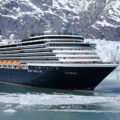



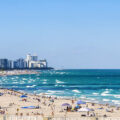
1 Trackback / Pingback
Comments are closed.